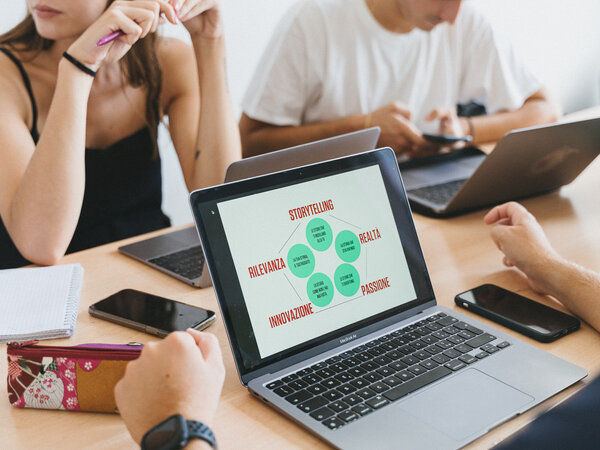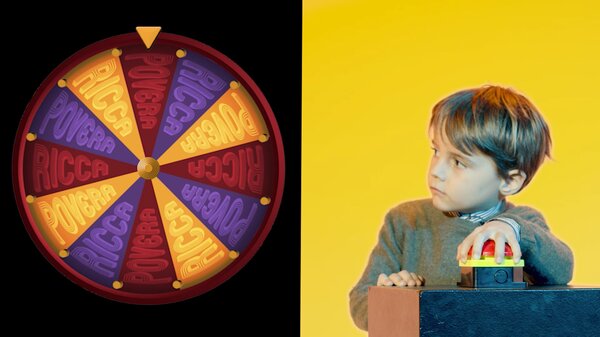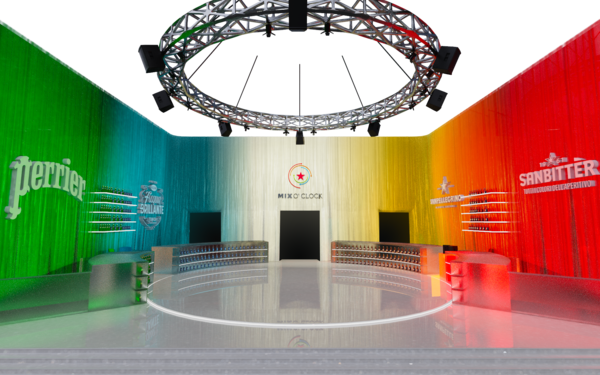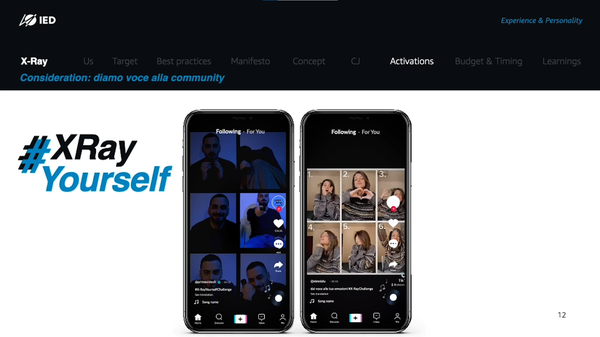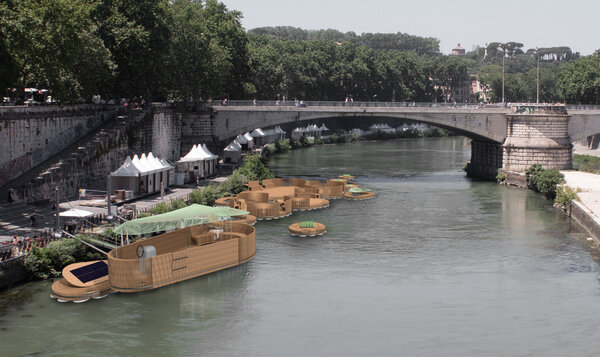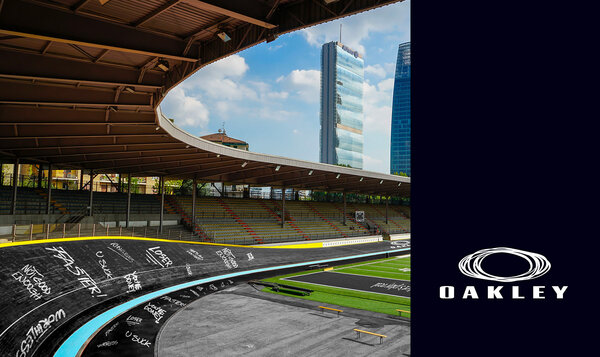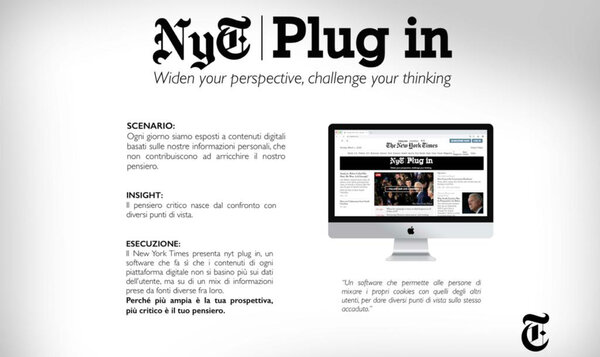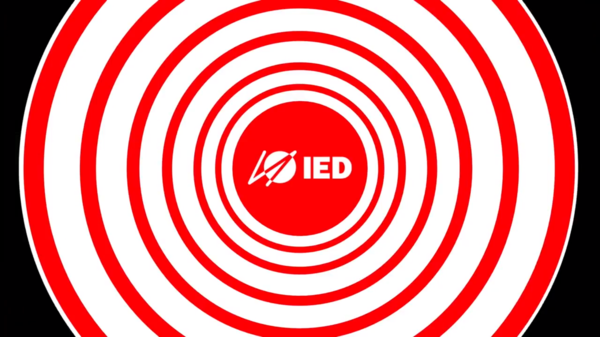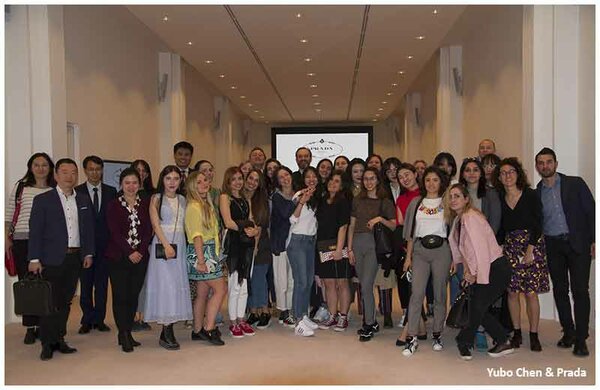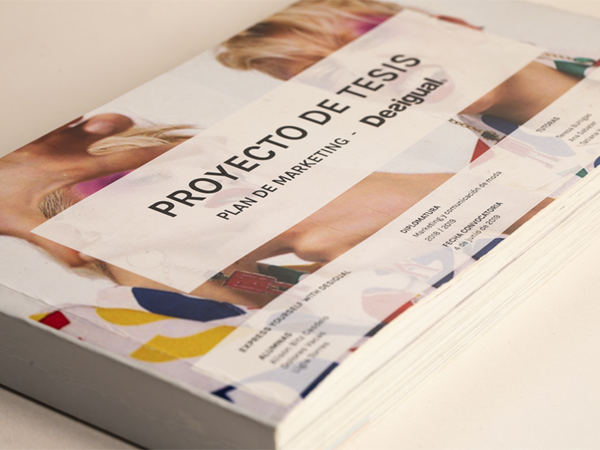
Project Manager: who they are, what they do, and how to become one
Who they are and what they do
A Project Manager is responsible for planning, executing, and completing projects within predefined timelines, budgets, and objectives.
Their role is essential in coordinating resources, managing teams, and ensuring that goals are met through a structured, efficient, and results-oriented approach. Project management requires a blend of technical, managerial, and interpersonal skills - from setting project objectives to risk management, and from activity planning to overseeing day-to-day operations.
The Project Manager is the central point of reference around whom teams, stakeholders, and clients revolve. It’s a highly sought-after role across many sectors, from marketing and communications agencies to large corporations. In every context, they tailor methodologies and tools to suit the specific needs of the project and organisation.
Role and responsibilities
The Project Manager plans the phases of work, organises both human and material resources, monitors project progress, and steps in to resolve any issues—anticipating risks and developing effective solutions. Specifically, their responsibilities include:
· Drafting and updating the project plan
This may include using a Gantt chart, which visually represents planned activities over time. The PM uses this to track progress and ensure deadlines are met, providing a clear overview for themselves, the team, and any external stakeholders.
· Task assignment to the team
The Project Manager is responsible for coordinating and distributing tasks among team members, taking into account each person’s skills and availability. Everyone receives clear responsibilities and defined objectives to ensure efficient progress towards project goals.
· Ongoing monitoring of KPIs
The Project Manager constantly oversees the project’s progress, evaluating key performance indicators such as quality, timelines, and budget adherence.
· Effective and decisive management
The ability to make swift and appropriate decisions when problems or unexpected situations arise is crucial. A good Project Manager addresses challenges without delaying progress.
· Managing suppliers and partners
The Project Manager engages with suppliers, partners, and other stakeholders to ensure necessary services and resources are in place—handling negotiations and managing contractual agreements.
· Team motivation
Last but not least, a good PM knows how to maintain high team morale, manage conflict, and foster collaboration to support the success of the project.
Career and salary
A career as a Project Manager can progress rapidly, starting from junior roles managing smaller projects, and moving up to more senior positions overseeing complex and large-scale initiatives. In addition to vertical progression, the role also opens doors to executive positions due to its strategic importance in achieving business goals.
A Project Manager’s salary varies depending on experience, sector, and project complexity. On average, compensation is competitive and tends to rise with increased responsibility, the attainment of professional certifications, and the ability to lead international or high-impact strategic projects.

IED Open Days
We look forward to meeting you in person at our premises and online, to learn more about our teaching offerings, get to know our services and interact with coordinators, lecturers and students.
Skills and training
An experienced Project Manager should have a strong background in organisational, management, and technical domains. Core skills include leadership, time management, problem-solving, and effective communication.
Technically, it’s important to be familiar with digital project management tools (such as Microsoft Project, Trello, Asana, and Jira). Soft skills like empathy, stress management, and the ability to work within diverse teams, complete the ideal profile. Increasingly important is the integration of AI-based tools in project management processes. These tools support predictive analysis, automate repetitive tasks, and optimise planning and resource allocation.
Robust training in project management combines theoretical learning with practical experience—through simulations, real case studies, and project-based work reflecting the dynamics of the modern workplace. This approach helps develop concrete, up-to-date skills that can be applied immediately in professional settings.
How to become a Project Manager
To become a Project Manager, it’s essential to gain appropriate training and develop specific project management skills. IED offers tailored courses for the Project Managers of tomorrow, with a multidisciplinary, in-depth, and up-to-date approach.
In the Design Strategy and Management area, you’ll find comprehensive training pathways covering business objective analysis, design strategy, and process oversight.
If you're interested in working in the fashion industry, explore our programmes in Fashion Communication and Management, where you can build expertise in communication, branding, and project management specifically tailored to the fashion sector.



























